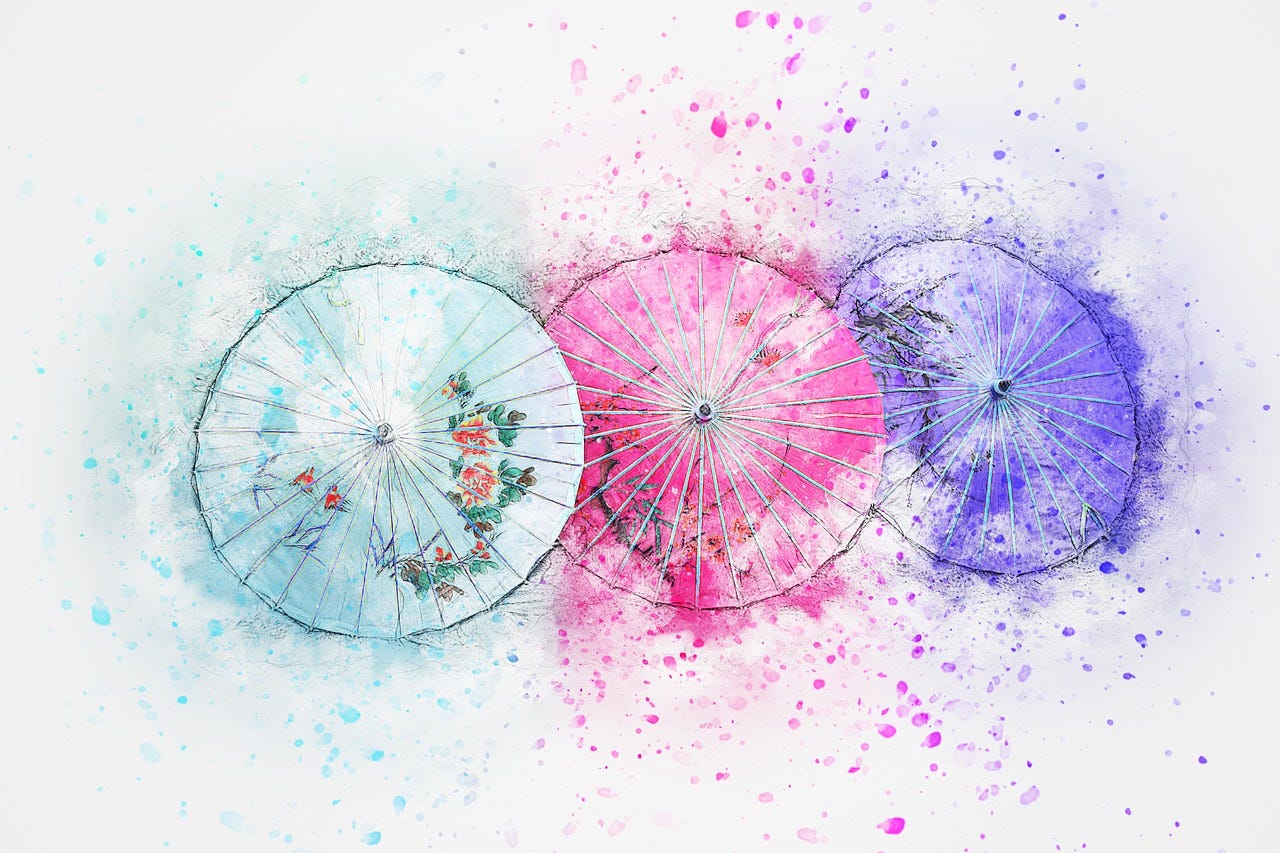Emotional intelligence
A 55-year-old can sometimes act like a 5-year-old when it comes to emotions. Our emotional development doesn't always keep pace with our physical growth.
Emotional Intelligence (EI) is our brain's superpower to understand, manage, and connect with emotions.
Those with high EI can not only recognize their feelings but also read them in others. This skill helps them navigate the complex world of emotions, fostering better communication and relationships.
The Sum of Four
The best model of EI, developed by psychologists John Mayer and Peter Salovey in 1990, breaks it down into four steps:
Perceiving Emotions: Our ability to detect emotions in faces, pictures, and voices, including our own. It’s the ‘emotions-related’ input to our brain.
Using Emotions: It's about aligning our hearts with our heads. Emotionally intelligent individuals can understand their changing moods and adapt their actions accordingly.
Understanding Emotions: This skill involves comprehending the intricate relationships between emotions, and recognizing how moods evolve and change over time.
Managing Emotions: Emotionally intelligent people excel at regulating their feelings and influencing the emotions of others. They can control their sentiments and manage their moods effectively.
While some are naturally gifted in all four areas, most of us can improve our EI with effort.
Before we move on to strategies for improving EI, let’s unpack a few myths and facts about EI. ⬇️
Do people with high IQ have low EQ?
Is it true that super smart folks often struggle with understanding feelings, like Sheldon Cooper from "Big Bang Theory"? It's a fun idea for TV, but in real life, not so much.
Being a brainiac doesn't mean you're bad at understanding emotions. Think of smarts (IQ) and emotional know-how (EQ or EI) as two separate things in your brain. They don't affect each other.
But sure, sometimes a super smart person might not be great with emotions. Often, it's because schools and cultures focus more on book smarts than on being emotionally smart.
Role of EI in learning
Emotions impact our brain's ability to learn and listen effectively. Higher EI correlates with better academic growth of students. Happy people are better at creative problem-solving, which is crucial for learning.
“People in good moods are better at inductive reasoning and creative problem solving.” — Peter Salovey
Role of EI in professional success
A study on computer programmers found that EI had a significant correlation with professional success, while IQ had little impact.
Why?
Because once you reach a certain level of intelligence, getting smarter doesn't guarantee success. EI, on the other hand, plays a huge role in professional achievements.
Regulating emotions
To regulate emotions, we first need to understand how emotions are formed.
The Process Model offers us four steps. Once we understand these steps, we can intervene at any step to take charge of our emotions:
We enter a situation.
We judge the situation.
We stamp it as ‘good’ or ‘bad’ in our minds.
Depending on our stamp (good or bad), we feel, think, and behave in a certain way. That's our emotional response.
Let’s see how we can improve our emotional response starting step 1.
Situation Avoidance: Sometimes, it's wise to avoid situations that could trigger strong emotional responses. e.g., skipping a party where you might run into an ex-partner you're not comfortable seeing.
Reevaluating the Situation: Ok, so you landed at the party. No need to panic. Spend time with other friends and enjoy without worrying about your ex.
Reappraising the Situation: Worse, let’s say you bump into your ex and their new partner. Ask yourself, does it matter to you? After a little introspection, you’d realize that you actually don’t care.
Post-Situation Evaluation: After the event, don't brush your emotions under the rug. Instead, dedicate time to process your feelings and thoughts. Avoid unhealthy coping mechanisms, like avoiding or suppressing your emotions. Instead, go for sustainable strategies like taking a long walk, taking slow, deep breaths, or talking to someone in your support system.
Should you always try to be in a good mood?
Emotions aren't inherently good or bad, but rather helpful or unhelpful based on context.
e.g., sadness can be a healthy response to loss and can foster empathy in tough times. Sometimes, a forced smile in frustrating situations might surprisingly lift your mood.
Should you always try to be happy? No.
Obsessing over being happy can lead to feelings of guilt or disappointment when you're not.
It's healthier to accept emotions like sadness as normal. Understand it's okay to feel them and keep up the hope for better times.
Practices like active listening, regular exercise, journaling, seeking feedback, and empathy-building can help us become more emotionally intelligent.
“You are just one run away from a good mood.”
— Unknown
In our ever-advancing world, emotional intelligence will be our differentiator. As AI evolves, it's our emotional connections and understanding that will set us apart.
Wishing you a week filled with emotional growth! ❤️ 🙌





